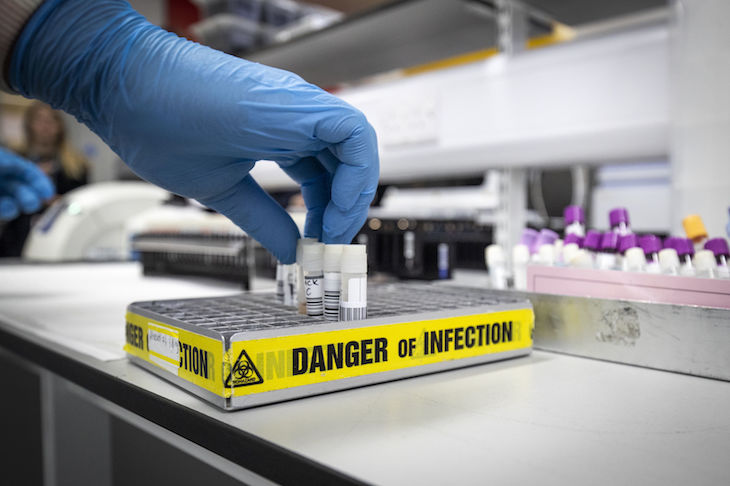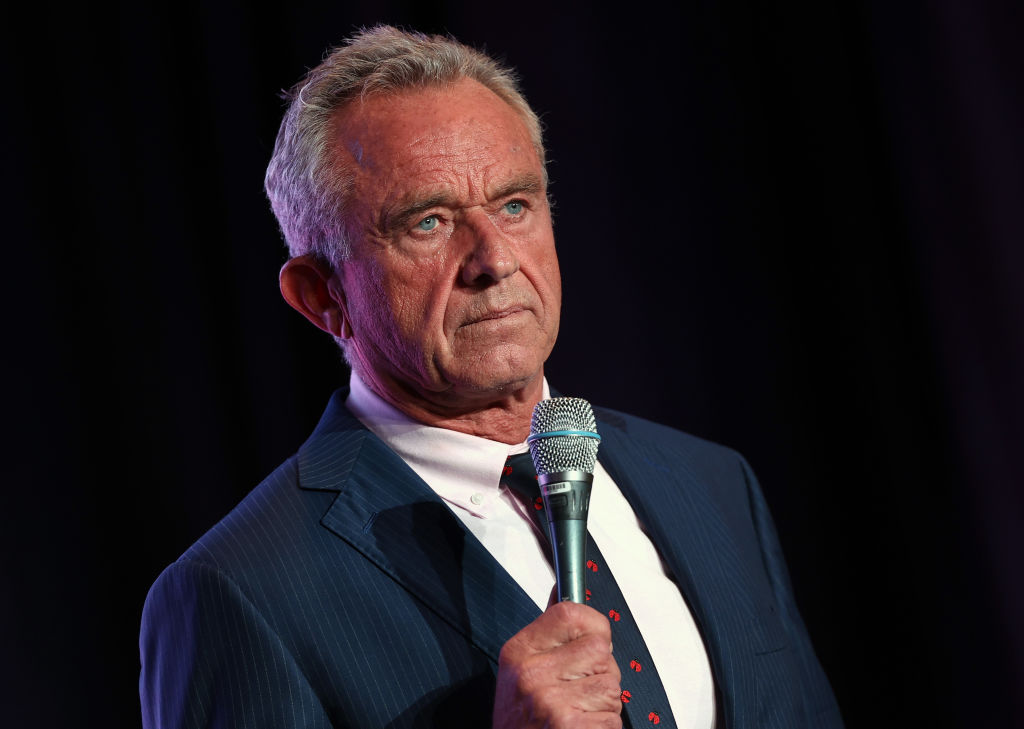With research indicating COVID-19 antibodies may disappear after just a few months, a study published in Nature suggests that T-cell immunity, when acquired, lasts for years. Researchers in Singapore looked at COVID-19 patients and those who survived Sars, another coronavirus, and found the T-cell response was just as strong in both groups of patients. T-cells are a type of white blood cell that play an important role in the immune system through their ability to detect and destroy virus-infected cells. The T-cells also store a memory of the infection, which allows them to react quickly when the body is exposed to a new coronavirus. Researchers use nucleocapsid protein (NP), the most abundant protein in coronavirus, as a marker for the virus, then look for CD4 and CD8 T-cells which recognize NP. La Jolla Institute for Immunology’s team detected such T-cells in about half of blood samples collected between 2015 and 2018, suggesting far greater natural resistance to COVID-19 than had been originally assumed.
The Oxford/AstraZeneca vaccine – named AZD1222 — is intended to solicit a T-cell response and has done so in pigs and primates. It moved into Phase 2/3 in May on the strength of data from a 1,000-subject Phase 1 trial — though the results have not been formally released. It is one of the most promising of the 23 COVID-19 vaccines in human testing. Some 140 more are in development.
***
Get a digital subscription to The Spectator.
Try a month free, then just $3.99 a month
***
The vaccine race between Oxford/AstraZeneca and its rivals introduces a complicating factor in our understanding of the situation. The UK government is funding the Oxford study and is keen to stay ahead of the curve. A pattern is beginning to emerge: when a rival announces a breakthrough, the UK team speeds up release of its own progress. After China’s Sinovac released a study showing complete protection of rhesus monkeys, Oxford released news of its own progress with primates – but there was no accompanying study for another three weeks. When it was eventually released, a former Harvard professor savaged the results. (Oxford hit back.) On Tuesday, a study in the New England Journal of Medicine found that the Moderna vaccine (mRNA-1273) — developed by the US biotech company – showed success on 45 volunteers, allowing it to move to a 30,000-person trial. Hours later, news started to leak of a pending Oxford breakthrough — widely reported in today’s UK press but still, no study. It’s now not due until Monday, in the Lancet. We still don’t know if it’s a serious development, or simply adding details to the Phase 1 success that we already know about. The Oxford/AstraZeneca vaccine may very well be the world’s best hope. But applying political communication methods to its progress harder to gauge.
This article originally appeared as part of The Spectator’s UK coronavirus email. Subscribe here.

























